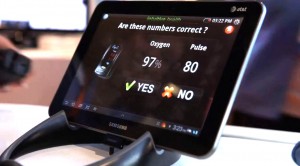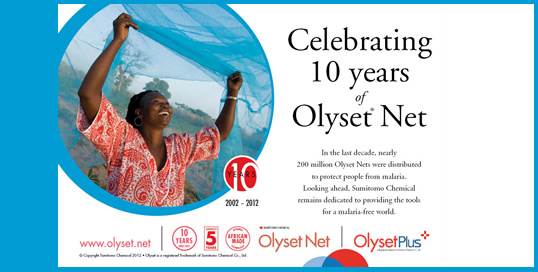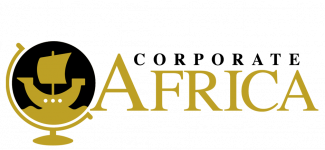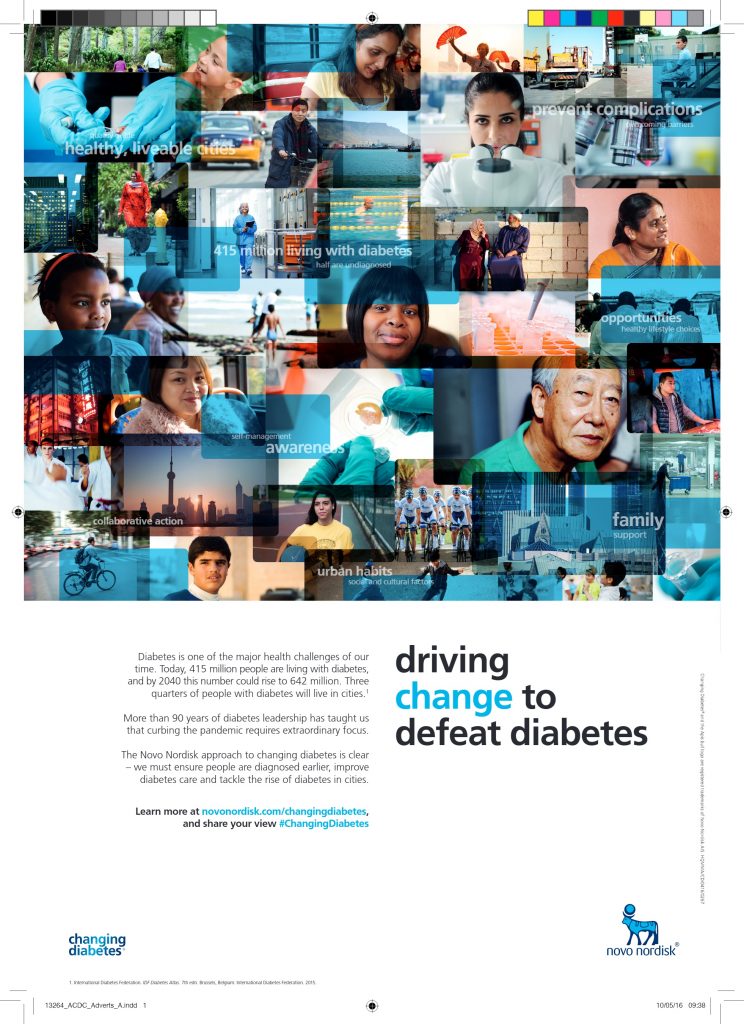
The use of mHealth or mobile health in Africa requires a more robust telecommunication and internet infrastructure, to better serve the goal of delivering quality healthcare services.
mHealth is the use of mobile and wireless technologies to deliver and exchange health information and services through mobile phones, smartphones and sensors. For the purpose of this article, other technologies such as drones and satellites are considered for delivering such services.
Healthcare delivery in Africa is getting better day by day. Though, an occasional flashpoint such as the recent Ebola outbreak, informs that there is still much more to be done to improve healthcare services. Developing and using mobile health services is one of the ways to drive further improvement.
Benefits
Benefits
mHealth offers several benefits for patients, citizens, doctors, dentists, nurses, community health workers and policy makers. Having essential and relevant health information available at the point-of-care is one benefit for health workers. Such information will assist them in making better diagnosis and delivering quality patient care. A benefit to policymakers will be informed decision-making – by deriving knowledge from health data collected by health workers from different settings.
The benefits for patients and citizens are manifold. One is getting information about managing their medical conditions. Another is to encourage the adoption of healthy living and prevent the development of diseases. Combining sensors with smartphones will assist both health workers and patients to carry out cheap affordable medical testings. For example, a smartphone can be used to regularly monitor a diabetic patient’s blood sugar at the comfort of her home.
A seamless collection, analysis and transmission of health information requires, a robust infrastructure.
Infrastructure
The need for innovation and investment in infrastructure development cannot be understated. To ensure widespread and accessible mHealth services, there is a need for a robust wireless network.
Substantial progress has been made by governments and mobile operators in expanding mobile telephony network in Africa. But there is still much to be done.
A report produced by the GSMA in 2012, revealed that personal ownership of mobile phones in Africa is still low when compared to other continents.
The GSMA report put personal ownership in Africa at an average of 33%, very low when compared to other continents. It meant that 2 out of 3 Africans were without a personal mobile phone. Multiple SIM card ownerships don’t equate to personalisation. Though, ownership is far higher than average in Nigeria, Kenya and South Africa; these statistics fall short for a continent of one billion people.
Expanding Africa’s telecom and internet infrastructure and making it more robust is; therefore, in order.
To provide more and better user-experience, mHealth requires wider, faster and cheaper data network. Voice- and SMS- based mobile services have well served healthcare purposes in Africa, and lives have been saved by such. But progress requires moving with changing time and technology.
The rising demand for information-rich and data-laden health services and the rising availability of high performance Smartphones, require that an advanced network is built. Faster LTE and 3G are already being rolled out in several African countries. But more is needed, and these shouldn’t be limited to urban areas. Rural areas should be better served, as most African population still reside there, even as urbanisation intensifies. Considering other technologies is in order in this regard.
Internet
The use of internet by individuals and businesses are ever-rising in Africa, and the use of social media is now almost a commonplace. Mostly access is gained via feature mobile phones, and increasingly with Smartphones and Apps. The use of these platforms for healthcare purposes, though increasing, is still limited in African countries. In so far the internet and the platforms built atop it can help in extending and expanding mHealth services, Africa’s internet infrastructure will still needs massive building.
The emergence of above ground technologies such as drones, balloons and satellites provides an opportunity, especially for serving underserved rural population.
Drones are unmanned aerial vehicles flying in the atmosphere, which in combination with terrestrial mobile networks, balloons and satellites can boost services in urban and rural areas. Balloons are inflatable balls floated higher in the stratosphere can with similar combination, offer services in a much wider geographical area i.e. a village or a town. Telecommunication satellites are making a strong comeback, one far higher in space can serve an entire country or a continent.
Nigeria is the only African country still to own a national satellite and this has been used for delivering medical services.
The renewed interest in satellite telecommunication by entrepreneurs will only make the internet more widely available for delivering mHealth services via mobile phones or smartphones.
The presence of a robust wireless and internet infrastructure will make the use of another form of mobile health service, possible. Rural population will benefit from health services delivered from vehicles manned by health workers remotely connected to urban hospitals.
Final words
mHealth services are already saving and improving lives in African countries. To further deepen such gain, investment and innovation in telecommunication infrastructure is required. Extending and deploying advanced mobile networks, and embracing newer technologies such as drones, satellites and balloons for internet services, will surely help.The role of governments, NGOs and the private sector is to understand and support this development. Cooperation amongst them is required to drive investment and to foster innovation.
Adesina Iluyemi PhD

Dr Adesina Iluyemi is an Executive Board member of NEPAD Council and co-chairs its Global Health Commission. He has contributed to Africa and international developing through invited lectures and speeches on diverse topics such as mHealth, eHealth, global health, infrastructure, science, technology & innovation, ICTs, agriculture, peace and security, international trade, business and economic growth. Notable contribution are at the African Union, UNECA, Chatham House, Wilton Park, ICPS, IDS, ODI and NUPI.
Adesina is the Founder of a UK-based HEALTHTRONICS, Ltd, a digital health consultancy and advisory firm. It offers unique strategies to ‘innovate to transform’ by simplifying complexities at the interface of healthcare, government policy, industry dynamics and technology.
Dr Iluyemi advises international businesses on technology transfer and government relations in Africa. And he mentors entrepreneurs and on the advisory board of start-ups in the UK and African countries.
Adesina has been aired by both print and visual media in Africa, Europe and North America, for example by CNN, CNBC, Vox TV, BEN TV, NTA, Voice of America and South African Broadcasting Corporation. He has since 2012 a Judge for the GSMA Global Mobile Awards.

